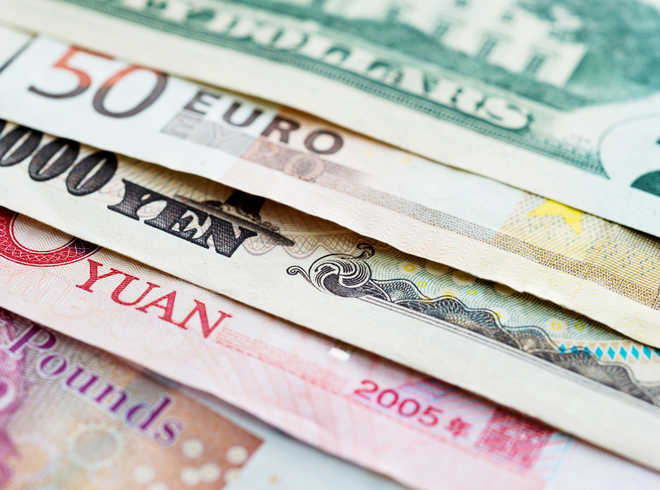
Phantom FDI refers to investments that pass through shell companies that have no real business activities and are tailor-made to cut tax liabilities. — Photo for representation.
New Delhi, September 11
Ten small economies, including Luxembourg, the Netherlands, Hong Kong SAR, Switzerland, Singapore, and Mauritius host more than 85 per cent of all phantom investments estimated at USD 15 trillion globally, according to a report published by the International Monetary Fund (IMF).
Globally, phantom investments amount to a huge USD 15 trillion, or the combined annual gross domestic product (GDP) of China and Germany, said the report authored by Jannick Damgaard, Thomas Elkjaer, and Niels Johannesen.
Phantom FDI refers to investments that pass through shell companies that have no real business activities and are tailor-made to cut tax liabilities.
“And, despite targeted international attempts to curb tax avoidance...phantom FDI (foreign direct investment) keeps soaring, outpacing the growth of genuine FDI.
In less than a decade, phantom FDI has climbed from about 30 per cent to almost 40 per cent of global FDI. This growth is unique to FDI,” said the report.
It noted that according to official statistics, Luxembourg, a country of 6 lakh people, hosts as much foreign direct investment (FDI) as the United States and much more than China.
Luxembourg’s USD 4 trillion in FDI comes out to USD 6.6 million a person.
FDI of this size hardly reflects brick-and-mortar investments in the minuscule Luxembourg economy.
“So, is something amiss with official statistics or is something else at play?,” it added.
FDI is often an important driver for genuine international economic integration, stimulating growth and job creation and boosting productivity through transfers of capital, skills, and technology.
However, not all FDI brings capital in service of productivity gains, the authors said.
“In practice, FDI is defined as cross-border financial investments between firms belonging to the same multinational group, and much of it is phantom in nature—investments that pass through empty corporate shells,” they said.
These shells, also called special purpose entities, have no real business activities. Rather, they carry out holding activities, conduct intrafirm financing, or manage intangible assets—often to minimise multinationals’ global tax bill.
“Such financial and tax engineering blurs traditional FDI statistics and makes it difficult to understand genuine economic integration,” they said.
The report said a few well-known tax havens host the vast majority of the world’s phantom FDI.
Luxembourg and the Netherlands host nearly half of the total such FDI, it said.
“And, when you add Hong Kong SAR, the British Virgin Islands, Bermuda, Singapore, the Cayman Islands, Switzerland, Ireland, and Mauritius to the list, these 10 economies host more than 85 percent of all phantom investments,” it said.
The authors attributed low or zero effective corporate tax rates by tax havens to the growth of phantom FDI.
“Unsurprisingly, an economy’s exposure to phantom FDI increases with the corporate tax rate,” they said.
The IMF has put forward various alternatives for a revised international tax architecture, ranging from minimum taxes to allocation of taxing rights to destination economies.
No matter which road policymakers choose, one fact remains clear: international cooperation is the key to dealing with taxation in today’s globalised economic environment, the report said.
Damgaard and Elkjaer are associated with IMF, while Johannesen is a professor of economics at the University of Copenhagen’s Center for Economic Behaviour and Inequality. — PTI



























